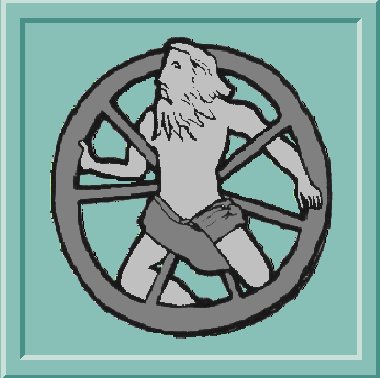Seat thyself sultanically among the moons of Saturn, and take high abstracted man alone; and he seems a wonder, a grandeur, and a woe. But from the same point, take mankind in mass, and for the most part, they seem a mob of unnecessary duplicates, both contemporary and hereditary. (Ch. 107, p. 356)
Yet cf. C.L.R. James, Mariners, Renegades, and Castaways: The Story of Herman Melville and the World We Live In, 1953:
"It is clear...that Melville intends to make the crew
the real heroes of his book, but he is afraid of criticism...The men were entitled to revolt and to take possession of the ship themselves....The meanest mariners, renegades and castaways of Melville's day were objectively a new world. But they knew nothing...the symbolic mariners and renegades of Melville's book were isolatoes federated by one keel, but only because they had been assembled by penetrating genius....Ahab's totalitarian rule...and Ishmael was an intellectual Ahab..."
Yet. cf. again Michael Kimaid, "Bush as Ahab: Aboard the Modern Day Pequod,"Counterpunch (May 28/30, 2005)--thanks, Chris!
Call us all Ishmael.
At least those of us who have been unwittingly conscripted on what we thought was a voyage with purpose only to learn out of the sight of land that we were on a monomaniacal expedition of bloodlust revenge....there are Starbucks among the crew. Those who question the motivation, the reason and morality behind the decision to chase the white whale of terror...at all costs....there are as many Stubbs aboard the ship, but their dissent is mute....Reason gives way to the perceived need for order, and they stifle their dissent in deference to command. Mutiny is never a serious prospect, but their consciences trouble them....










